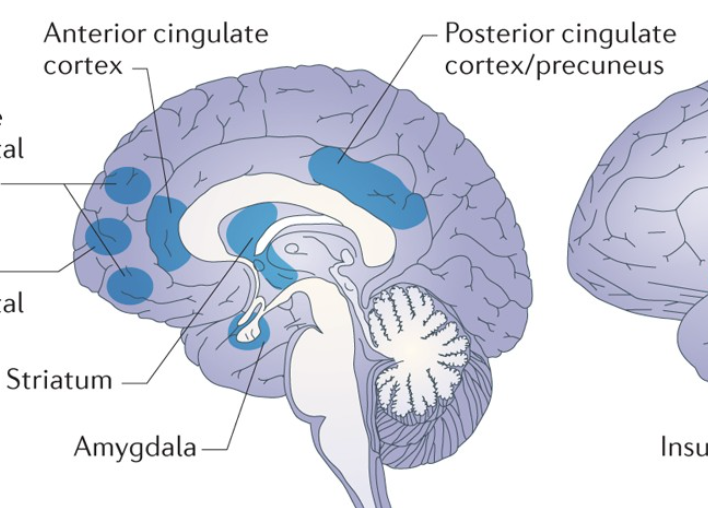Mindfulness meditation, once rooted in ancient Buddhist practice, has become one of the most widely researched and adopted mental health strategies worldwide. In 2025, it is not just a spiritual activity—it is recognized as a therapeutic tool for stress management, emotional resilience, and even physical well-being. Backed by neuroscience and psychology, mindfulness meditation is now part of schools, hospitals, and corporate wellness programs.
What Is Mindfulness Meditation?
Mindfulness meditation is the practice of focusing on the present moment with awareness and acceptance, free from judgment. It usually involves:
- Paying attention to breathing.
- Observing thoughts and emotions without reaction.
- Training attention to return to the “here and now.”
Scientific Evidence Supporting Mindfulness
- Stress and Anxiety Reduction
According to American Psychological Association, mindfulness reduces cortisol levels, the primary stress hormone, leading to improved emotional stability and lower anxiety. - Neuroplasticity and Brain Health
MRI studies show that consistent practice increases gray matter density in brain areas responsible for memory, learning, and emotional regulation, such as the hippocampus and prefrontal cortex. - Chronic Pain Management
Research published in JAMA highlights mindfulness-based interventions as effective for reducing chronic pain intensity and perception, offering a natural alternative to pain medication. - Sleep Improvement
Mindfulness meditation helps reduce insomnia by calming the mind and body, enabling deeper rest and recovery. - Cardiovascular Health
Practicing mindfulness has been linked to improved blood pressure regulation, reduced heart rate variability, and overall cardiovascular resilience.
Benefits Across Life Domains
- Workplace: Boosts productivity, lowers burnout, and enhances creativity.
- Education: Improves student focus, reduces exam stress, and builds resilience.
- Healthcare: Used in cognitive behavioral therapy (CBT) and trauma recovery programs.
- Everyday Life: Builds patience, emotional awareness, and relationship harmony.
Criticisms and Challenges
While widely praised, mindfulness meditation also faces challenges:
- Commercialization: The rapid rise of mindfulness apps and courses has raised concerns about quality and authenticity.
- Overpromising: Some claims exaggerate its effects, leading to disappointment.
- Accessibility: Not everyone finds meditation easy—some may require professional guidance.
Practical Tips for Beginners
- Start with 5–10 minutes daily.
- Use guided meditations available on platforms like Headspace or Calm.
- Focus on breath or body scan techniques.
- Be patient—progress builds with consistency.
The Future of Mindfulness in Health
With growing evidence, mindfulness is being integrated into digital healthcare platforms, VR therapy sessions, and even corporate policy frameworks. By 2030, mindfulness is expected to be a standard recommendation for mental health care worldwide.
🇰🇷 Premium Korean Ginseng Online Shop







